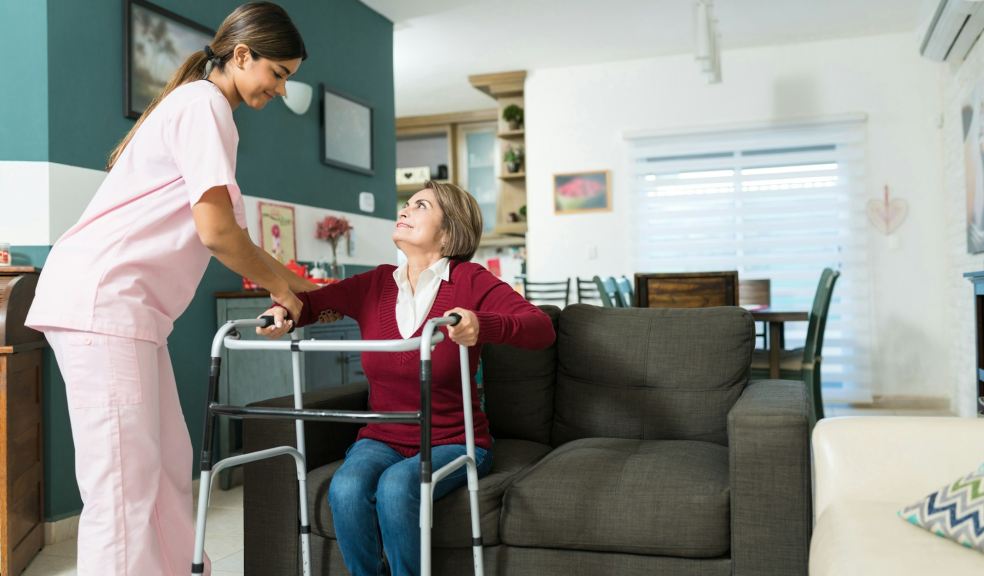
Enhancing Quality Of Life With Home Care Services For Seniors
Growing older doesn’t mean giving up the life you love. Many people want to stay in their own homes, surrounded by memories and familiar comforts. Home care services make that possible, offering support that helps you or your loved one live safely, independently, and happily. With the right help, daily life becomes easier, not restricted. It’s all about living well, not just longer.
What Are Home Care Services?
Home care covers a wide range of support, from daily assistance to personal companionship. It’s flexible and can be customised to suit different needs and lifestyles. Some services focus on specific groups with unique needs.
For instance, veterans home care services provide eligible veterans and war widows with specialised in-home support. These may include personal care, light household tasks, or transport to medical appointments. These services are often coordinated through providers familiar with veterans’ needs and connected to national programs that ensure consistent, respectful care.
Others offer tailored assistance for people recovering after surgery or those living with chronic conditions, helping them manage safely at home while regaining confidence.
Whether it’s an hour a day or round-the-clock care, home care adapts to what’s needed most. That flexibility allows you to choose the right level of help without giving up your independence.
Promoting Independence at Home
One of the biggest benefits of home care is the freedom it gives you to stay in your own space. Your home is more than a place to live. It reflects your life and personality. Being able to remain there keeps you connected to your community and routines, which helps build confidence and emotional wellbeing.
Home carers can help with everyday tasks that might have become difficult, such as preparing meals, bathing, or managing laundry. They can also assist with using new technology so you can keep in touch with family and friends through video calls or messages. With a little support, you can continue living life on your own terms, doing what matters most to you.
Building Emotional and Social Connections
Loneliness is a common challenge for older adults, especially when mobility or health issues limit social activities. In-home care services don’t focus solely on physical needs. They also provide social connection and emotional support. A good carer does more than provide assistance. They become a friendly, familiar presence.
Having someone to talk to, share a meal with, or go for a short walk can lift your mood and ease feelings of isolation. Regular social interaction supports mental health, reduces stress, and even boosts memory. These moments of connection create a sense of belonging and stability, which is just as important as any physical care.
Supporting Family Members and Caregivers
Caring for a loved one can be rewarding, but it can also be demanding. Many family members try to balance work, personal life, and caregiving, which can quickly lead to exhaustion. Home care services offer much-needed relief and reassurance.
When professionals step in to help, family carers get time to rest, recharge, and focus on their own wellbeing. Services such as respite care provide short-term support so you can take a break while knowing your loved one continues to receive attentive care.
Many home care providers also keep families updated through regular communication, ensuring everyone feels included and informed about the care plan. It becomes a true partnership that benefits everyone involved.
Improving Health and Safety at Home
Health and safety are at the heart of quality home care. Caregivers are trained to spot small changes in behaviour, appetite, or mobility that could signal a health concern. They can remind you to take medication, help with gentle exercises, and ensure meals are nutritious and balanced.
Home carers also help prevent accidents. Simple steps like rearranging furniture, adding non-slip mats, or improving lighting can make a big difference in preventing falls. Regular check-ins mean potential issues are caught early, reducing hospital visits and keeping you safe at home.
Personalised Care Plans for Better Living
Everyone’s situation is different, which is why care plans work best when they’re built around your unique needs. A good provider takes time to understand your daily habits, preferences, and goals, then works closely with you and your family to create a plan that truly fits your lifestyle.
These plans aren’t static. They’re reviewed and adjusted as your circumstances change. You might need extra help after surgery or less support once you regain confidence. This approach keeps care responsive and centred on your wellbeing. The aim is to support, not control. It’s about helping you live comfortably, confidently, and with dignity.
Final Thoughts
Home care services do more than meet basic needs. They enhance your quality of life. By offering the right mix of practical help, emotional support, and independence, they make ageing at home not only possible but enjoyable. You get to stay where you feel most comfortable, surrounded by people and memories that matter.
The goal of home care is to provide compassionate, personalised support that respects your choices and promotes wellbeing. With the right help, you can look forward to each day with confidence, comfort, and peace of mind.











